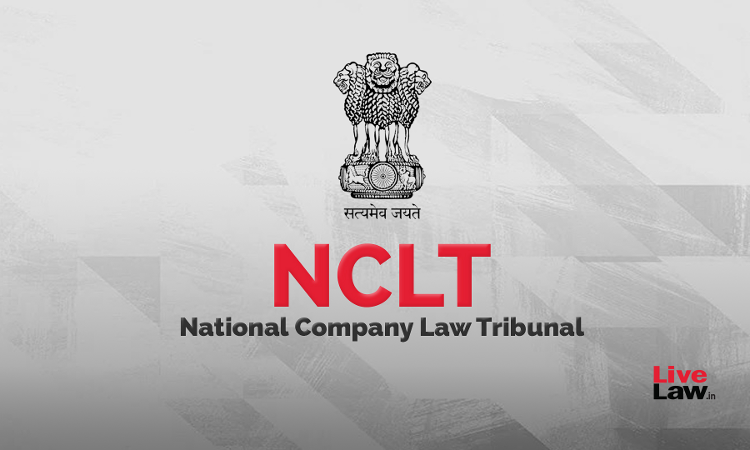NCLT Ahmedabad Rejects Resolution Plan Selectively Favoured Creditors
Pallavi Mishra
30 Aug 2022 9:30 AM IST

Next Story
30 Aug 2022 9:30 AM IST
The National Company Law Tribunal ("NCLT"), Ahmedabad Bench, comprising of Shri Madan B Gosavi (Judicial Member) and Shri Kaushalendra Kumar Singh (Technical Member), while adjudicating a petition filed in M/s. Sansar Texturisers Pvt. Ltd. v M/s. Polycoat India Pvt. Ltd., has declined to approve the Resolution Plan of the Successful Resolution Applicant that breached...
